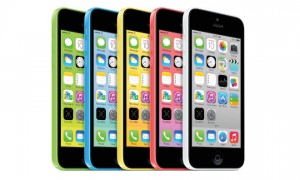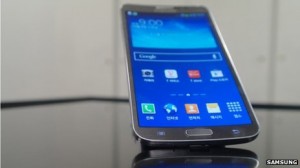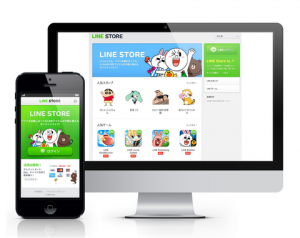
In the blog post “Food or Facebook? The Philanthropic Face-Off” on LinkedIn by David Sable, the possibility of technology being able to save the world is discussed. David writes that although Mark Zuckerberg believe that building a consortium of tech companies will effectively allow everyone around the world get easy access to the internet and help narrow the disparity of the rich and poor, Bill Gates doesn’t think it is a well-thought idea. He doubts that if it is meaningful for poor people to use internet technology when they can not even afford food and medical treatment.
David, however, tries to integrate Mark’s and Bill’s ideas. He states that social service infrastructure can be provided via apps so that people can get access to medical, agricultural and educational resources. Although I certainly agree with David’s idea, I think there are some issues that should be considered. Firstly, there are areas around the world where people can’t even get access to the internet, let alone apps and websites that provide useful information. Secondly, in countries like North Korea, the government’s surveillance power is so strong that its citizens can hardly be exposed to internet.
For sure, the above poverty and political issues will require the effort of the whole society to solve. Technology, especially the internet, might not be able to save the world now, but it will definitely add petrol into the society’s engine for growth. And maybe the first step for the consortium of tech companies would be to help build internet connection in poor areas.
Reference:
Sable, David. “Food or Facebook? The Great Philanthropic Face-Off.” World’s Largest Professional Network. LinkedIn, 16 Nov. 2013. Web. 16 Nov. 2013.
Choney, Suzanne. “North Korea’s Internet? What Internet? For Most, Online Access Doesn’t Exist.” Nbc News Technology. NBC News, 29 Mar. 2013. Web. 16 Nov. 2013.








